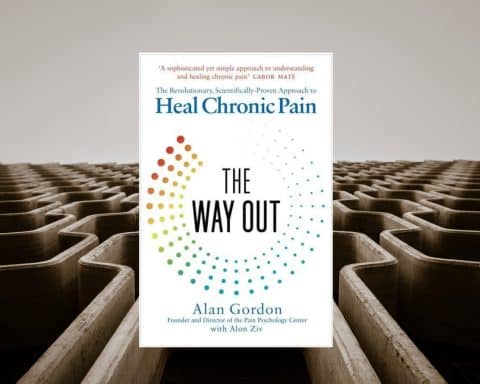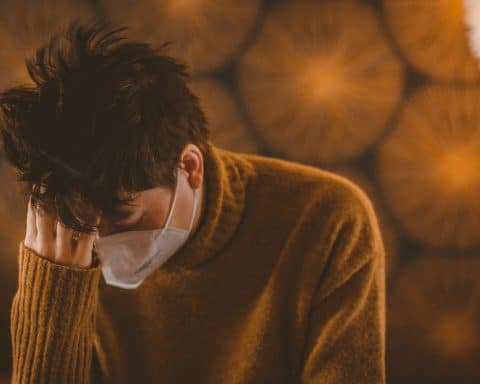The author is a GP in the UK.
Last month I qualified as a GP, released into the COVID-19 pandemic. A few weeks before I finished I was scared, worrying about what I would face with sick patients in potentially huge numbers requiring life-saving care. But now three weeks into the job the thing that keeps me awake at night are the vulnerable patients at risk of domestic abuse confined in their homes.
You can say that domestic abuse is the responsibility of the state, the police, the Crown Prosecution Service, the domestic abuse services and charities. But, primary care is the one common ground that these patients cross most frequently. In ‘normal’ times we might see on average several patients at risk of domestic abuse each week, but now how many are we seeing without realising? It is easy to focus on the immediate danger — a potentially deadly virus sweeping the country, but we need to be careful not to overlook the vulnerable on our own doorstep.
Perpetrators are always monitoring their victims and may not only be listening to what the victim is saying but also what the person on the other end of the phone is asking.
While I am used to speaking to patients experiencing domestic abuse I paused before calling this patient, I felt an anxiety build up inside of me. Was she okay? Was she experiencing worse domestic abuse in lockdown? Was she struggling all on her own?
I called and she answered, brightly, talkative, insisting she had good support for shielding, people doing her shopping, and fetching medication. I asked a few general introductory questions: how things were at home? She told me cheerfully things were good. I paused and asked again — receiving the same reply in different wording. Preparing to ask about her abusive partner I then asked: “Is he with you now… ?”
And I realised he had been listening to the whole conversation. My heart sank.
This was an important lesson for me, perpetrators are always monitoring their victims and may not only be listening to what the victim is saying but also what the person on the other end of the phone is asking. Little escapes their notice, which can be extremely difficult when the only access you have to a patient is on the phone.
But this is not a dead end situation, there are things as a GP you can do. Checking who is with a patient when you are going to ask them about sensitive issues is vital, ideally the patient should be in a room on their own. Checking if the patient feels safe, or if there is immediate danger is a priority — if there is, advise them to call 999. Asking yes or no questions may be one way of talking if the patient isn’t able to freely talk, but bear in mind the perpetrator may be able to hear you speaking. Arranging a call back at a safe time, offering your support, and being flexible in communication all help. Finally doing what you would do in a face to face consultation: a basic risk assessment, enquiring about children, recording and signposting/referring onwards are all things you can do to help your patient.
For more information see the IRISi site° which includes their advice sheet° Guidance for General Practice Teams — responding to domestic abuse during telephone and video consultations.
See also our article: The GP role in domestic violence during COVID-19°







Vasumathy Sivarajasingam is a GP in West London and an Honorary Clinical Research Fellow at Imperial College London. She is also the Northwest London Primary…
[…] https://bjgplife.com/domestic-abuse-in-the-time-of-coronavirus/ […]